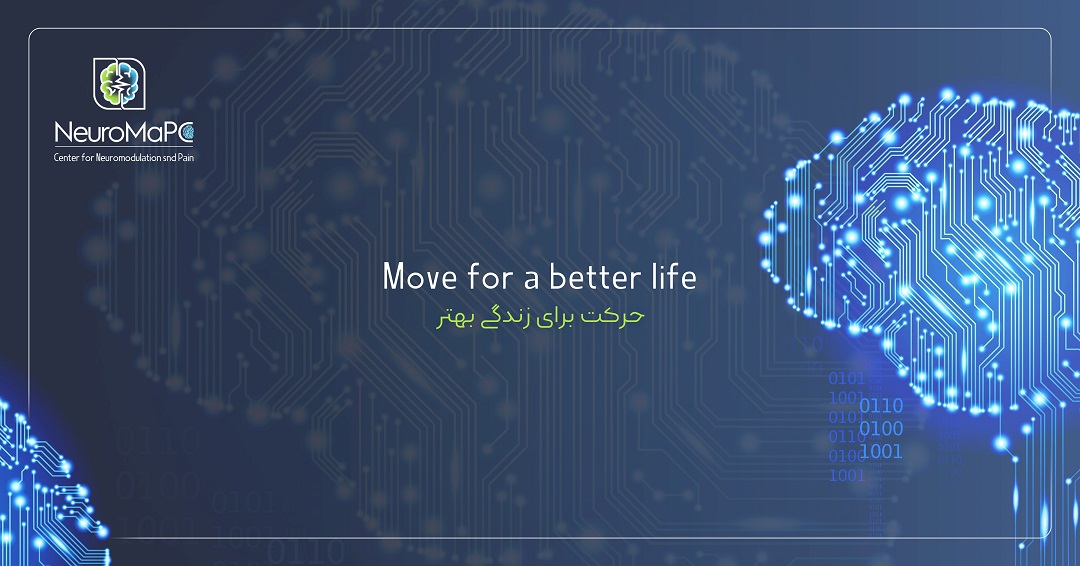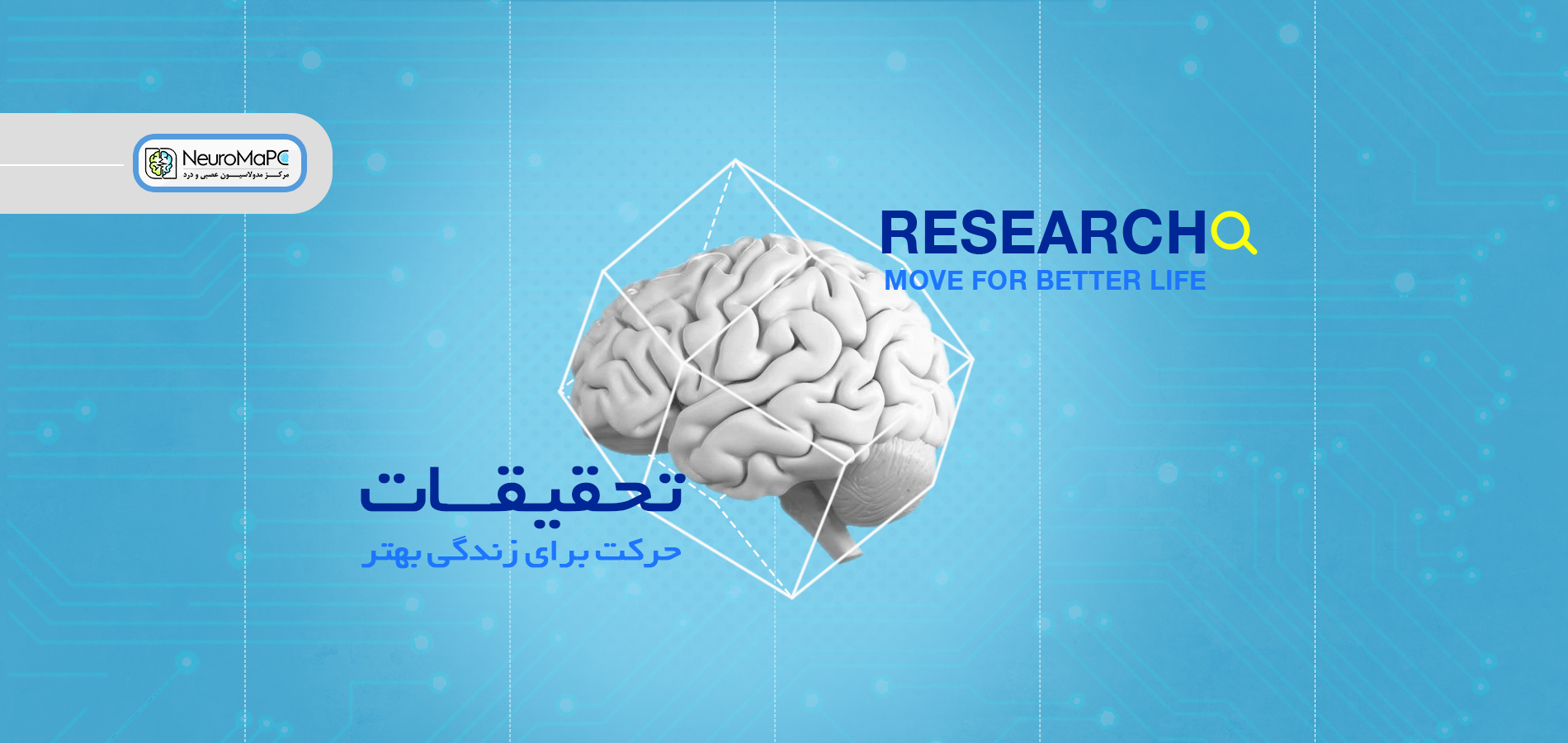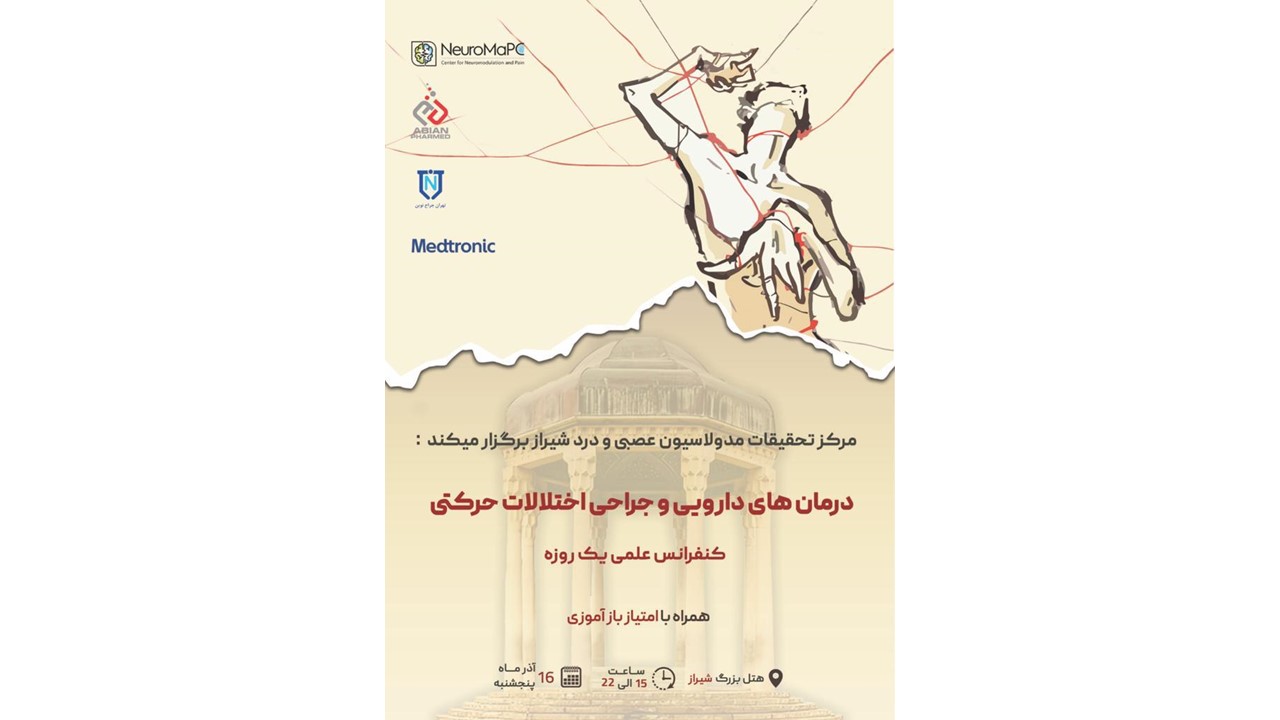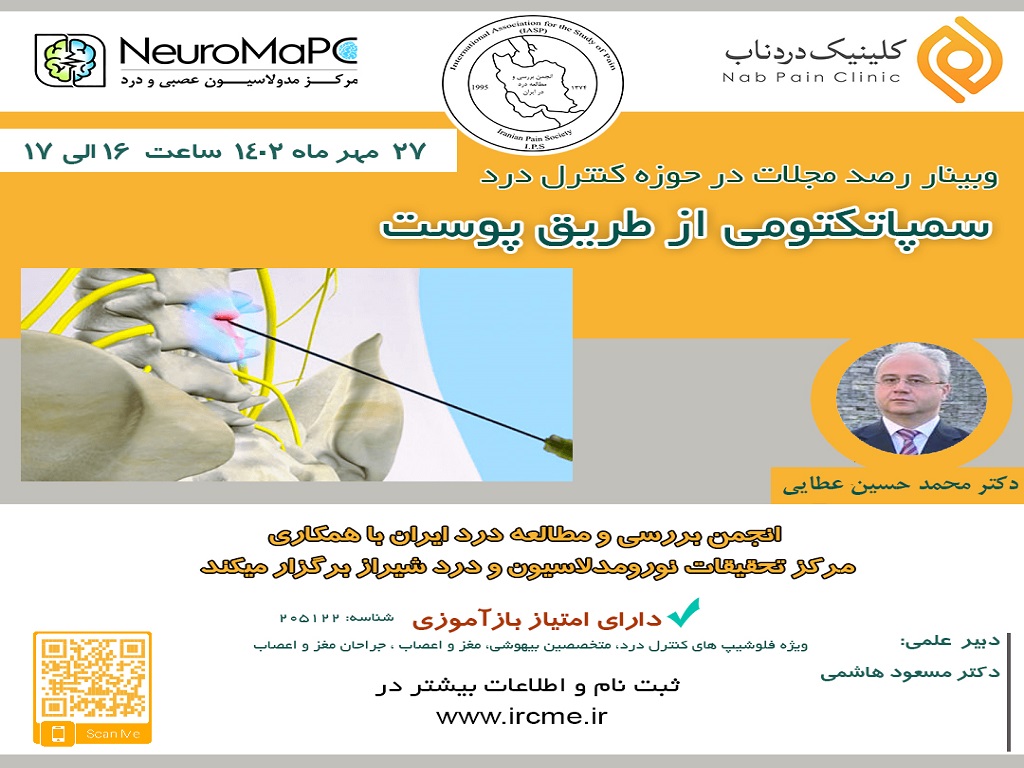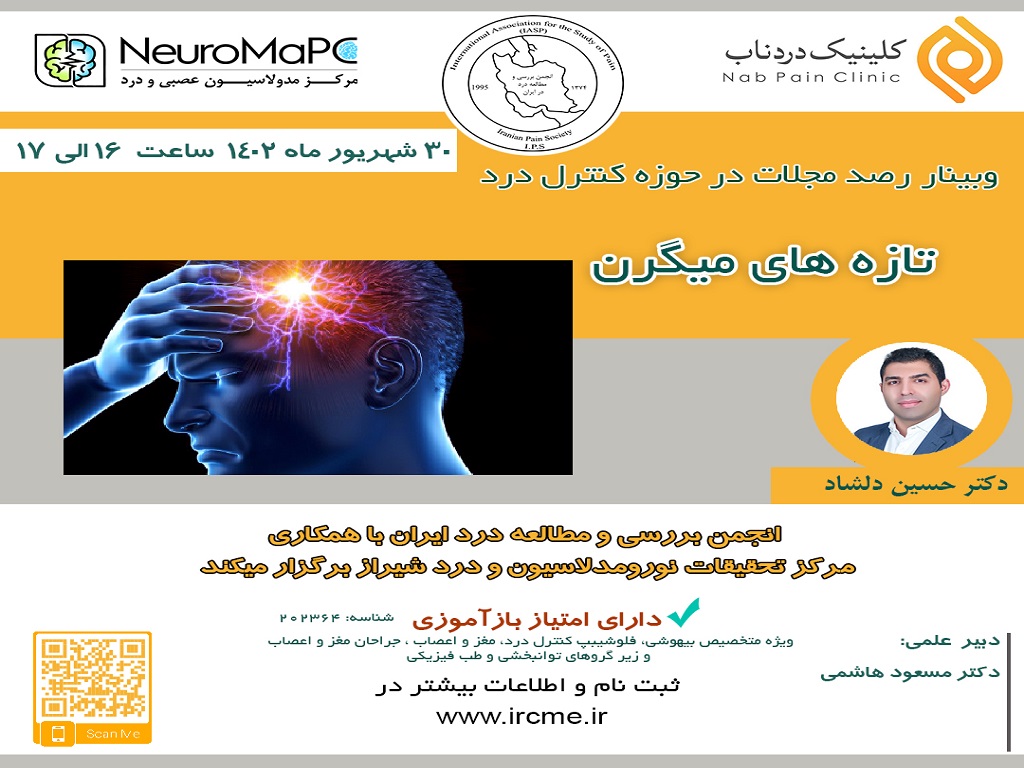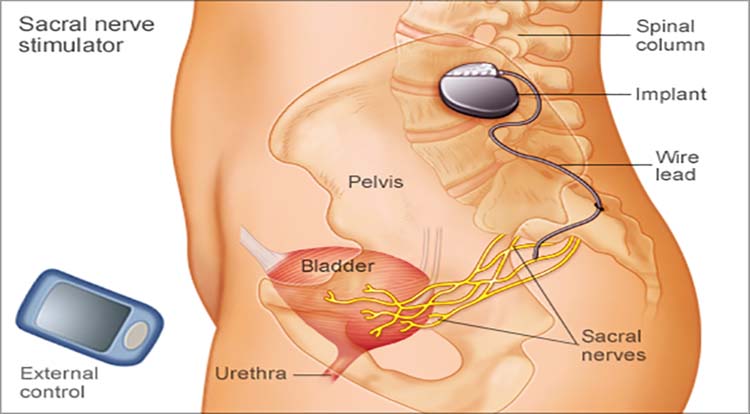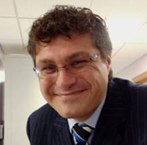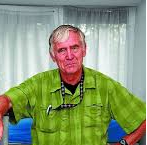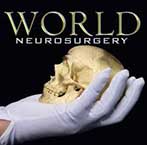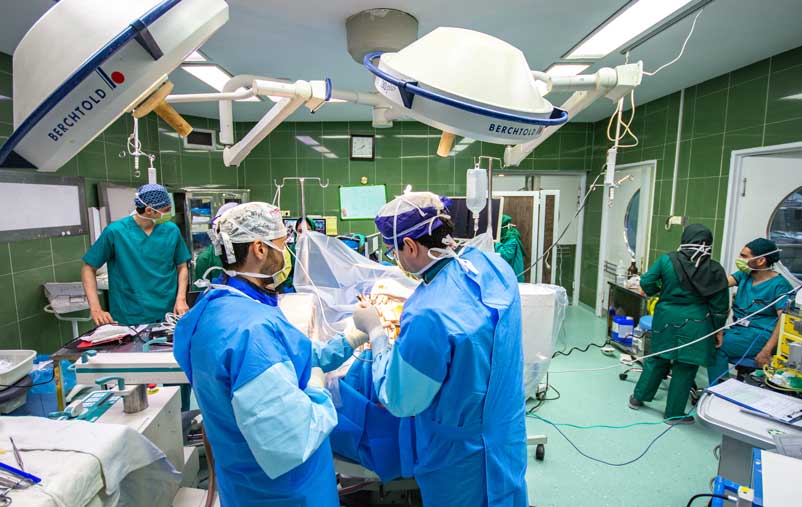
About Us
The Neuromodulation and Pain Center (NeuroMaPC) is the first ever private research body for clinical and fundamental neuroscience in Iran. Founded in 2018, this centre is the home of one of the most unique and advanvced neuromodulation surgeries in the world. The NeuroMaPC's astounding team is comprised of the neurosurgeon, consultant neurologist, psychiatrist; radiologist, biomedical engineer and rehabilitation healthcare porfessionals to provide the best treatment for patients. Since 2018, the center strives to promote therapeutic neuromodulation services, raise awareness of neuromodulation and chronic pain, and carry out research projects on an international scale.
Research published
Visits from all over Iran
Successful surgery
Latest Events
Medical and surgical treatments of movement disorders
Medical and surgical treatments of movement disorders by the Shiraz Research Center for neuromodulution and pain
Read MoreInternational and Interim Congress of Neurosurgeons and Spine Surgeons of Iran
Neurosurgeons and Spine Surgeons of Iran
Read MorePercutaneous sympathectomy
Webinar on observation of journals in the field of pain control with the topic of percutaneous sympathectomy
Read MoreThe 39th annual conference of the Scientific Association of Psychiatrists of Iran
The 39th annual conference of the Scientific Association of Psychiatrists of Iran
Read MoreEssfn Congress for Stereotaxic and Functional Neurosurgery
Essfn Congress for Stereotaxic and Functional Neurosurgery was held in Stockholm, Sweden.
Read MoreMigraine news
Webinar on observation of journals in the field of pain control with the topic of migraine news
Read MoreStrategy
Our Services
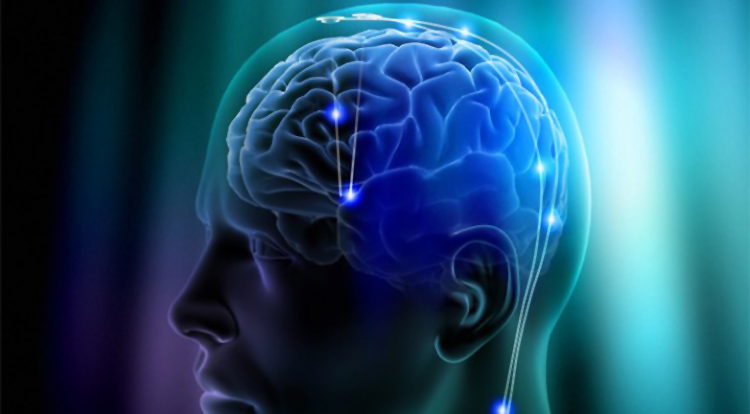
Deep Brain Stimulation (DBS) Surgery
DBS is used to treat Parkinson's Disease (PD), dystonia; tremor and psychiatric conditions such as Obsessive-Compulsive Disorder (OCD). Shiraz is the home for this unique procedure in Iran.
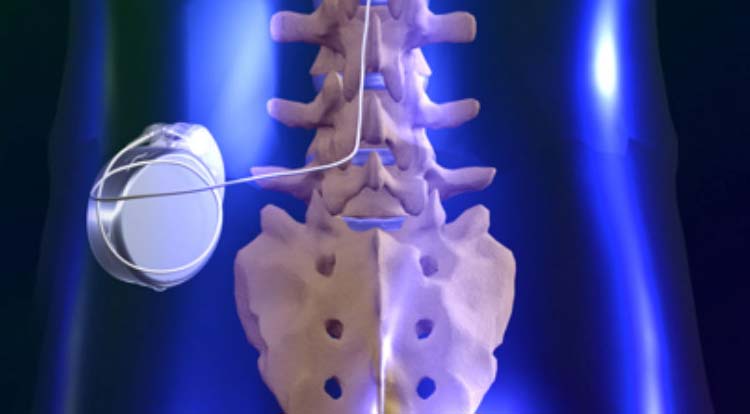
Spinal Cord Stimulator Implant
This outpatient procedure can provide pain relief for patients with numerous chronic pain syndrome.
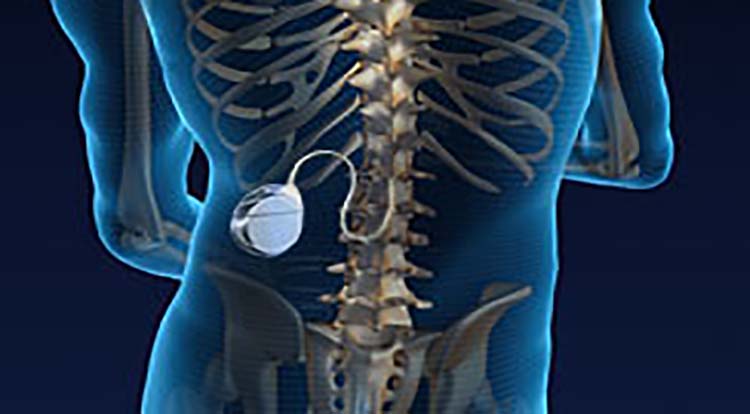
Intrathecal Pain Pump Implant
This procedure aims to deliver small amounts of pain medications such as baclofen or morphine directly to the spinal fluid. The implant is suitable for palliative and malignancy pains.
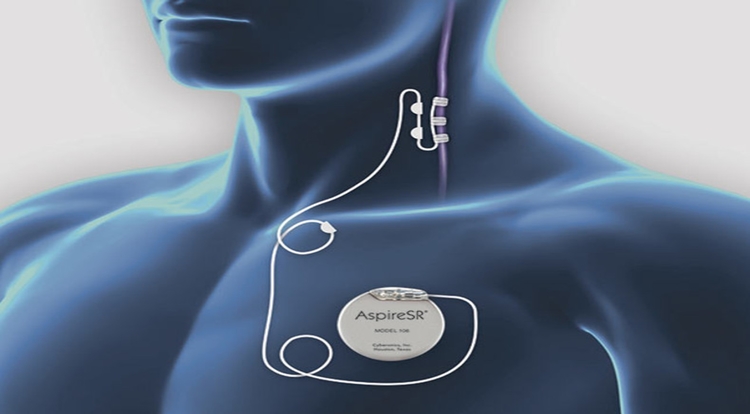
Surgery for Epilepsy
This surgery aims to treat patients with epilepsy who have not responded well to medications. Patients may have partial or full recovery post-op.
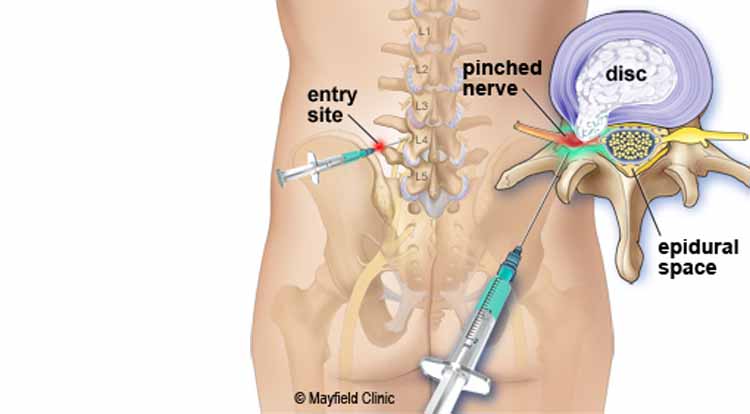
Minimally Invasive Pain Treatments
This minimally invasive treatment aims to relief chronic pains in the face, neck or back despite the limbs involvement.


